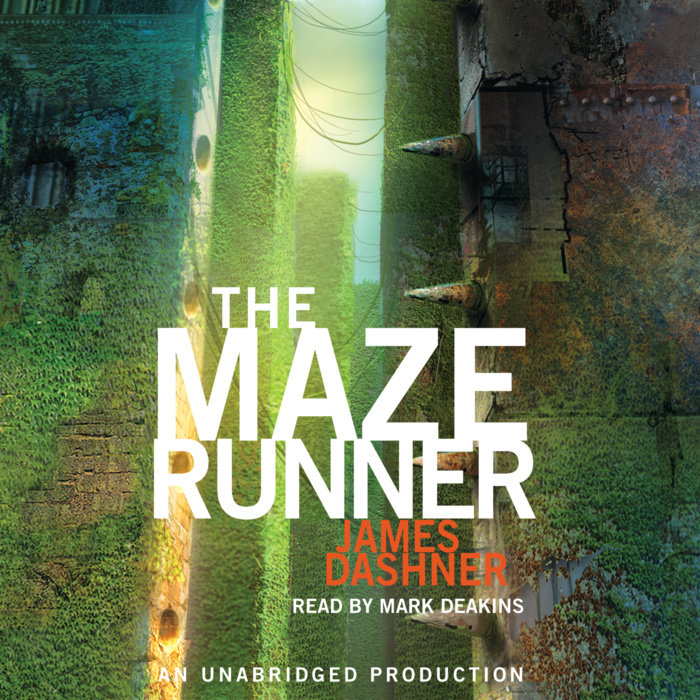An interesting book I read is the Maze Runner by James Dashner. This book is about an apocalyptic world where many people are infected from a virus called “the Flare”. The Flare virus targets peoples’ brains and makes them insane and aggressive. The main character is Thomas, a teenager who is immune from the Flare. A group of scientists uses Thomas, other immune teenagers, and non-immune teenagers in an experiment to figure out a cure for the Flare. Their experiment is about sending teenagers to a dangerous maze and studying their brain patterns. In the beginning, the teenagers have their memories wiped and don’t understand why they are living in a maze. As the story proceeds, some of the teenagers receive their memories and find out they are experimental subjects. Furthermore, they realize that if they voiced demands to quit the experiment, the scientists will not listen to them.
One identity difference between the scientists and the teenagers is age. Usually, older people have a sense of superiority compared to children or teenagers. An older person has more life experiences and would assume they know what to do. However, older people shouldn’t impose their will on younger people simply because of age.
One concept that applies to the Maze Runner is the “Self” and the “Other”. One example of this concept is a parent who commands his children to do chores. The parent is the “Self” while the children are the “Other”. In comparison, the scientists assumed they were smarter because of their high social status and higher age. They thought they were saving the world by testing teenagers and studying their brain activity. The teenagers had to comply with the experiment even though it contained many dangers. The scientists assumed the “Self” role while the teenagers became the “Other” role by obeying the adults.
Another concept present is the theory of subalterns. The teenagers could be lower than the “other” position and be a subaltern instead. The teenagers can voice their opinion but if the scientists ignore them, they are unheard. Moreover, the scientists purposely wiped each teenagers’ memory so they couldn’t form opinions against the experiment. Each teenager was sent to the maze without a choice. If they told the maze observers they wanted to quit the experiment, they wouldn’t be granted their wish to quit.
The author wants his readers to consider what is better, solutions or morality. It is horrible for the scientists to test teenagers without their consent in an life threatening experiment. Even after completing the test there is only a small chance for the Flare Cure. But if scientists stuck to good morality and didn’t perform their experiment, there would be zero chance for a cure. I believe the Maze Runner wants to show readers that adults assume more power over teenagers causing them to be the “Self”. With that power, adults could do many things, even impose injustices such as forcing teenagers to do dangerous work.


